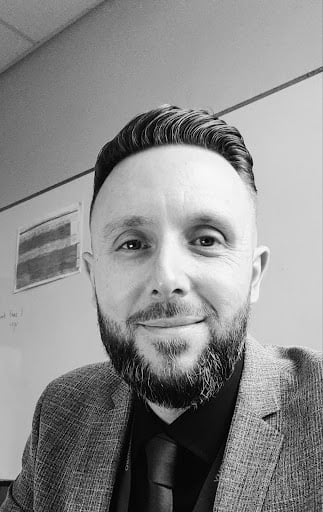Types of Memory
What are the different types of memory within a computer?
- A computer system contains four main types of memory, they are:
- RAM
- ROM
- Cache
- Register
- RAM and ROM are 'main memory', directly accessible by the CPU
- Registers are covered in more detail here
What is cache?
- Cache is very small, very fast memory located in the CPU which is used to provide quick access to frequently used instructions and data
- The more cache there is, the more data can be stored, which speeds up the performance of the CPU
- It prevents the CPU from having to repeatedly fetch frequently used instructions from RAM
Quick comparison
| Memory | Role |
| RAM | Stores programs and data currently in use |
| ROM | Stores start-up instructions for the computer |
| Cache | Stores copies of frequently used instructions to speed up execution |
| Register | Super fast storage of instructions, data or addresses that the CPU is working on |
What is the difference between main memory & secondary storage?
- Computer systems need both main memory and secondary storage to operate
- Both play a crucial role in the operation of a computer system
- A quick comparison of main memory and secondary storage shows:
| Main memory | Secondary storage |
| Volatile (with the exception of ROM) | Non-volatile |
| Small capacity | Large capacity |
Why do you need main memory?
- A computer needs main memory because access times are considerably faster than secondary storage
- This means the time taken to complete operations such as the Fetch-Execute Cycle is dramatically reduced
- Performance of main memory means a much higher cost which limits the amount that is used
- For example, RAM is commonly purchased in 16 or 32 gigabytes whereas secondary storage such as a hard drive is in terabytes

